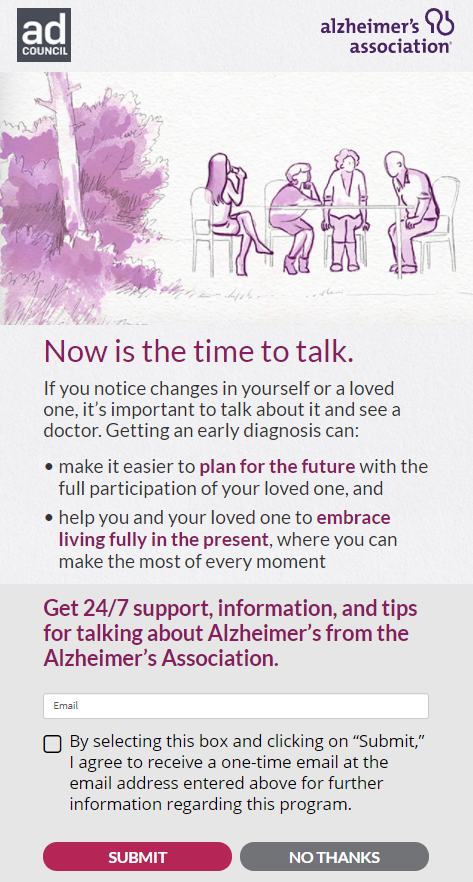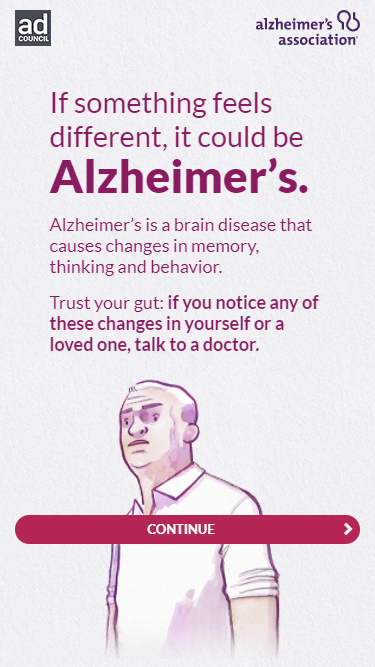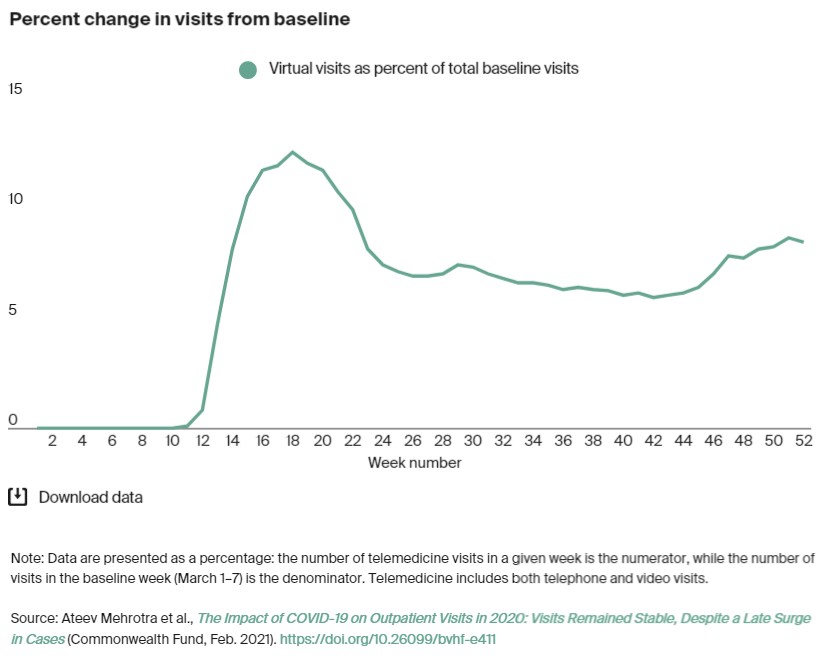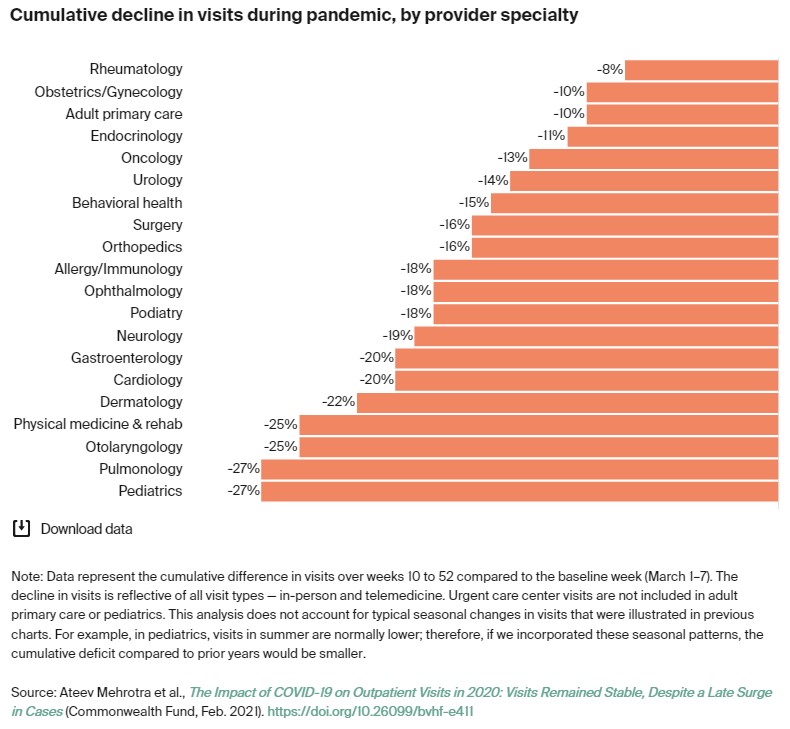A claims-based analysis found that 26 million doses of CDC-recommended vaccines were missed in 2020. The report, commissioned by GSK and conducted by Avalere Health, an Inovalon Company, investigated claims from commercial, managed Medicaid, Medicare Advantage, and Medicare fee-for-service Part B from January through November 2020. When compared to the same time frame for 2019, results revealed that 8.8 million vaccines for teenagers and 17.2 million for adults were missed.
Non-influenza vaccines in 2020 tracked at 13-35% lower for adolescents and 17-40% lower for adults when comparing against 2019 data. Influenza vaccines, which were analyzed independent of other vaccines due to the seasonality of the influenza virus, initially showed some “early gains” but “lagged as the season progressed” in 2020. According to the news release, “Influenza vaccination claims from August-September of the 2020-21 season exceeded the same months of the 2019-20 season, suggesting early heightened awareness of respiratory disease in 2020; however, those surges levelled off by October and then fell in November.”
The report does not that while the pandemic “compounded this problem”, vaccinations were “under-utilized for adults and in underserved populations” before COVID-19 emerged. An insight from the report also predicts that “this vaccination deficit is likely to continue to grow, particularly as the US saw a significant rise of COVID-19 cases after November 2020.” On May 12, 2021, the CDC’s Advisory Committee on Immunization Practices (ACIP) updated previous guidance, issuing a recommendation to allow coadministration of COVID-19 vaccines with other vaccines; the previous recommendation was a 14-day waiting period between the vaccinations.
Vaccines analyzed in this research were: Influenza; Haemophilus influenzae (Hib); Hepatitis A; Hepatitis B; Human Papillomavirus (HPV); Meningococcal ACWY; Meningococcal B; Measles, Mumps, and Rubella (MMR); Pneumococcal; Tetanus, Diphtheria, and Pertussis (Tdap); Varicella Zoster (Chickenpox); and Herpes Zoster (Shingles). Avalere Health is an Inovalon company, a leading provider of cloud-based platforms empowering data-driven healthcare.






